Nigeria is a beauty in all respects. It is a demanding and well-rounded country: the mere fact of being the most populous nation in Africa is enough to understand its articulated potential.
Check out these amazing hotel deals!
- Save up to 30% on your hotel in Hawaii!
- Last-minute holiday hotel deals
- Top hotel deals for a new year trip
- Visiting Paris? Find the Best Deals & Reviews at TripAdvisor.
- Save 30% on hotels in Ocean City, Maryland...a TripAdvisor Top 10 Summer Destination!
- Save up to 30% on your hotel on your Winter Vacation!
- Find top-rated hotels at the lowest prices on TripAdvisor. Check rates now!
- Save up to 30% on hotels for a romantic getaway!!
The territory has very different regions: an agricultural and backward north, an advanced and industrialized south, an underground rich in oil and various raw materials, populations divided into tribes with a very rich anthropological and cultural heritage.
For all these reasons Nigeria is a fascinating place with a strong identity to be lived in depth.
Useful Facts About Nigeria

- Inhabitants: 170,000
- Capital: Abuja
- Languages: English (a type of simplified English called broken English) with the addition of Hausa, Yoruba, and Igbo
- Local currency: Nigerian Naira (€ 1.00 = 420.233)
- Climate: very varied climate due to the extension of the territory. Far from the equator, we find the rainy season with the consequent dry season (spring and autumn); equatorial climate along the coast and rivers, with rainy summers and dry winters. In the north, there are strong temperature variations.
- Vaccinations: anti-malarial prophylaxis, vaccinations against typhus, hepatitis A and B are recommended. In some periods of the year, vaccinations against cholera and meningitis are also recommended.
- Entry requirements: Passport and VISA required, obtainable at the Nigerian embassy in Rome, obtaining the following documents: invitation letter, flight plan, proof of exchange of 1,000 USD, photocopy of passport with 3 free pages, 2 forms for $ 62.00 and $ 20.00 when the application is presented to the consulate, with an average time to obtain a VISA of 10 days.
- Travel/health insurance: Recommended
When is the best time to go to Nigeria?
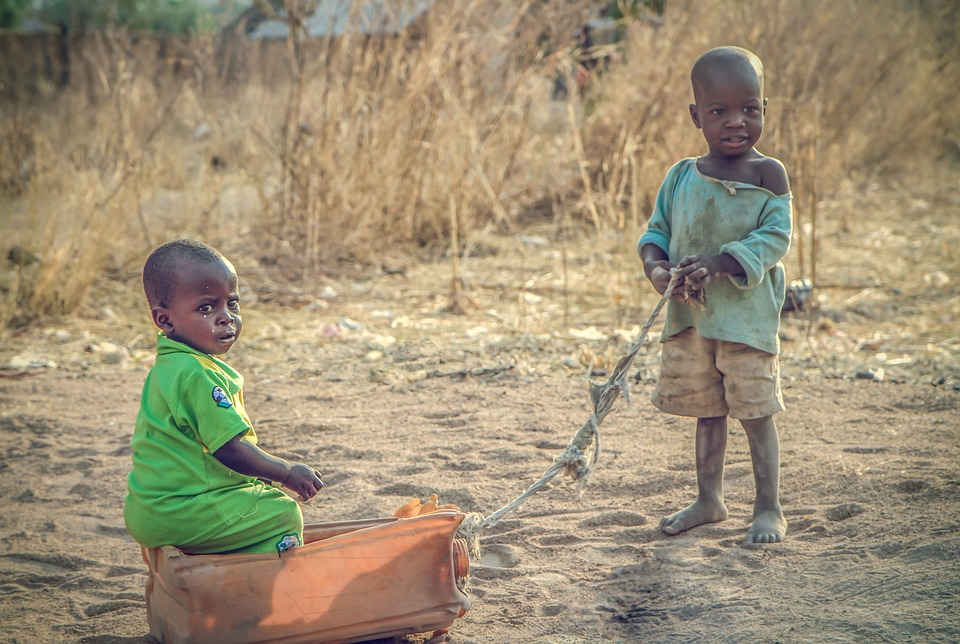
Nigeria has various climatic situations throughout the year, with very alternating situations of sunshine and rainfall; however, in general, the best period is between November and February, when it is difficult to come across consistent rains.
We must take into account the high temperatures in these months, certainly never hot, with the harmattan wind that arrives decisively with its load of dust, but in this way, we avoid the intolerable temperatures of spring and the rains of the summer periods.
Climate
It is very varied due to the extension of the territory. The rainy season lasts from 4 to 7 months in the region between 8 ° and 11 ° parallel (May-June and September-October), with immediately after the dry season due to the Saharan anticyclone, accompanied by the harmattan dry wind.
Approaching the equator, remaining along the coast and in the Niger Delta area, the rains are instead constant more or less all year round, with 25/26 °. The northern part has strong temperature variations, with a minimum of around 13 ° and a maximum of over 40 °, especially at the arrival of the rainy season.
Best Time to Go
Winter is the best time to go to Nigeria which runs from November to February even better than January and February due to the higher sunshine.
Period to Avoid
The rainy season and very hot temperatures are the worst time, that is May to June and September to October.
Okomu Forest Reserve
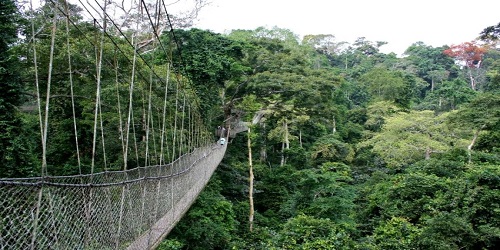
In the southwestern part of Nigeria, in the Niger River Delta area, the last remaining rainforest survives a reserve created in 1999 to protect rare primates and mammals, including the African buffalo and the African forest elephant, hundreds of bird species, which ranks between intensive palm oil and rubber crops in the north and plantations in the south.
In this protected patch of land, it is also possible to do water sports, canoeing, and crocodile spotting. A unique opportunity to experience the reality of an uncontaminated forest, along the Okomu and Osse rivers, surrounded by a perfect organization in complete safety, with guides, shelters to observe wildlife and eco-resorts.
Best Time to Go
You can go to this place comfortably from November to February as the weather is nice during this period.
Average Price
The price starts from € 750.00 per person
Yankari National Park
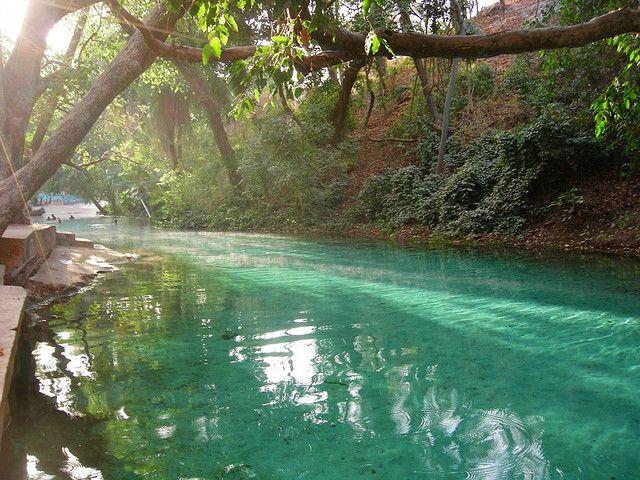
The Yankari park is located in the state of Bauchi, in the north-eastern part of Nigeria, originally conceived as a 2,200 sq km game reserve back in 1956, then converted into a national park, actually the largest in the country, since 1991.
More of 50 mammal species, 350 bird species, the largest group of elephants (300 individuals), and since 2005 a specific lion conservation area, along with magnificent thermal spring waters.
It is therefore a well-known and loved destination for tourists of all kinds: a place where eco-tourism is king, granting its visitors the privilege of living in close contact with wild nature, without sacrificing excessive precious resources.
In 2000 alone, the park welcomed more than 20,000 people from 100 different countries: the importance of sustainable tourism also means providing adequate means for the continuation of adequate conservation of this splendid land.
Best Time to Go
From the end of December to the end of April, before the rainy season.
Average Price
It starts from € 450.00 per person
Jos Wildlife Park
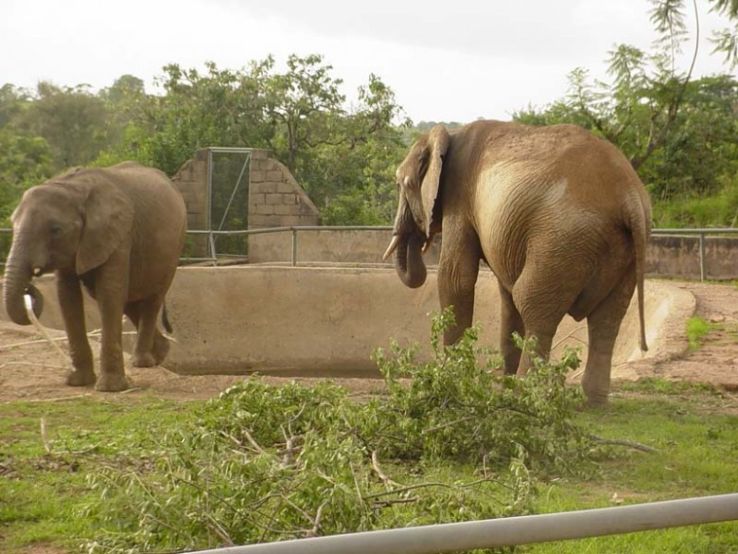
Jos Wildlife Park was established in 1972, in the Plateau capital area (Jos), 4 km from the city center and at an altitude of 1,200 meters, with a breathtaking view of the populous city. From that moment on, he entered by right among the iconic places of Nigeria, where the total protection of his territory is in force: here man and his environment live in perfect balance.
Well, elephants, lions, and monkeys are the masters, in this reserve of just 8 sq km, together with pythons, marabou, crocodiles, hippos, and camels.
The park is well kept, with play areas for children, picnic areas, a small museum, and a restaurant, accessible from morning until late afternoon, with the possibility of horse riding, even for the little ones.
Best Time to Go
If you are on a plateau, the climate is temperate, so just avoid the rainy months, that is the summer ones: it is better to choose the winter months from October to March.
Average Price
It starts from € 20.00 per person
Kamuku National Park
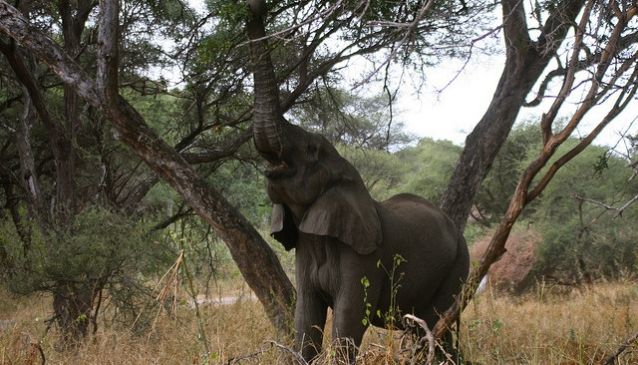
Founded in 1936 as a reserve, it was then elevated to the status of a national park in 1999, thanks to the commitment of the Savannah Conservation Nigeria community, which has always promoted projects for the sustainable use of resources.
This is located in the north-west of the country, the entire territory is generally flat, with notable points of interest: the Dogon Ruwa waterfalls, the Goron Dutse (an isolated rocky hill in the middle of the plain), the Tsaunin Rema (a hill made up of from rock strata) with its population of rock rabbits.
Kamuku National Park can boast an ecosystem that is among the best-preserved, with a very rich variety of trees, a fauna ranging from elephants to monkeys, including many rarities that are present only and exclusively in this territory, including 177 species of birds.
The area is the home of two main peoples: the Gwari and the Kamuku, with strong agricultural, hunting, and herding traditions, combined with the great ability to create terracotta and ceramics.
Best Period to Go
It is best if you will go here from April to October, torrid temperatures and heavy rains will be avoided.
Average Price
The price is starting from € 350.00 per person which is already good for almost a week of stay in the area.
Old Oyo National Park
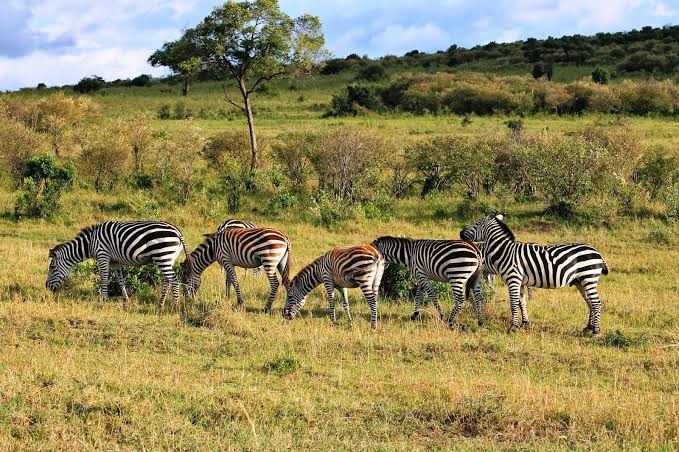
Located in the south-west of the country, with 2,500 sq km of land between 300 and 500 meters above sea level, and very rich vegetation and fauna.
In the northern part, there are several granite rocks, concave, and shelters, 4 rivers flow along with the territory namely:
- Ogun
- Owe
- Owu
- Tessi
While hiking trails in the central area where scattered hills and protruding rocks alternate are present and the Ikere dam Gorge allows numerous water games to visitors.
Best Period to Go
You can visit this place comfortably from November to February, dry and sunny months even if with warm temperatures, but never excessively annoying to our skin.
Average Price
Ready a budget from € 650.00 per person when going to this tourist destination.
What to wear and pack?
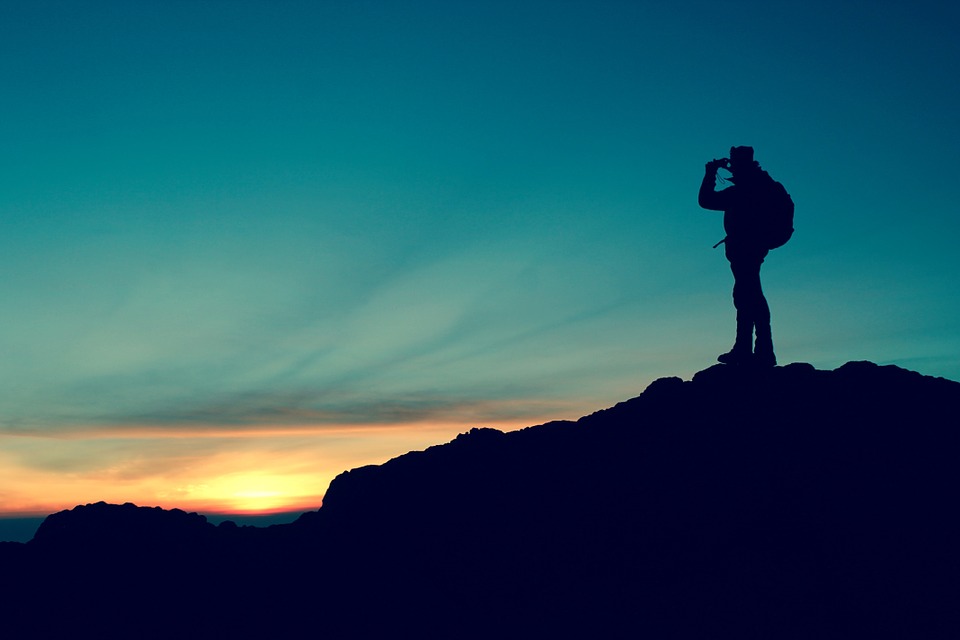
Nigeria can be considered a vast country. It has different micro-climates to which it has to adapt; however, some clothing items should not be missing in your luggage, to be able to “defend” yourself from any climatic situation.
We distinguish in two different periods, just to be more detailed: winter and summer.
In winter, light and light fabrics during the day, preferably in linen and cotton and a light sweater or sweatshirt for the evening with a marked temperature range, in the northern territories and the capital Abuja in the center of the country.
For the southern area and the city of Lagos, the same clothing maybe adding a scarf or light scarf against the wind that is always laden with dust.
In summer, in general for both the south and the north, fresh and light clothes with the providential sweatshirt for cool evenings, or even a light jacket.
Given the more backward and less developed situation in the north, with a much more extremist religious climate, sober clothing that does not show too much skin is more advisable for women.
Recommended Clothing
It is great to wear light and light fabrics during the day, preferably in linen and cotton, and a light sweater or sweatshirt for the evening.
Useful Accessories
- High sun protection
- After-sun creams
- Comfortable shoes ranging from flip flops to light boots
- A lightweight and waterproof multi-functional backpack to keep water and portions of food close at hand
Travel Insurance Advice
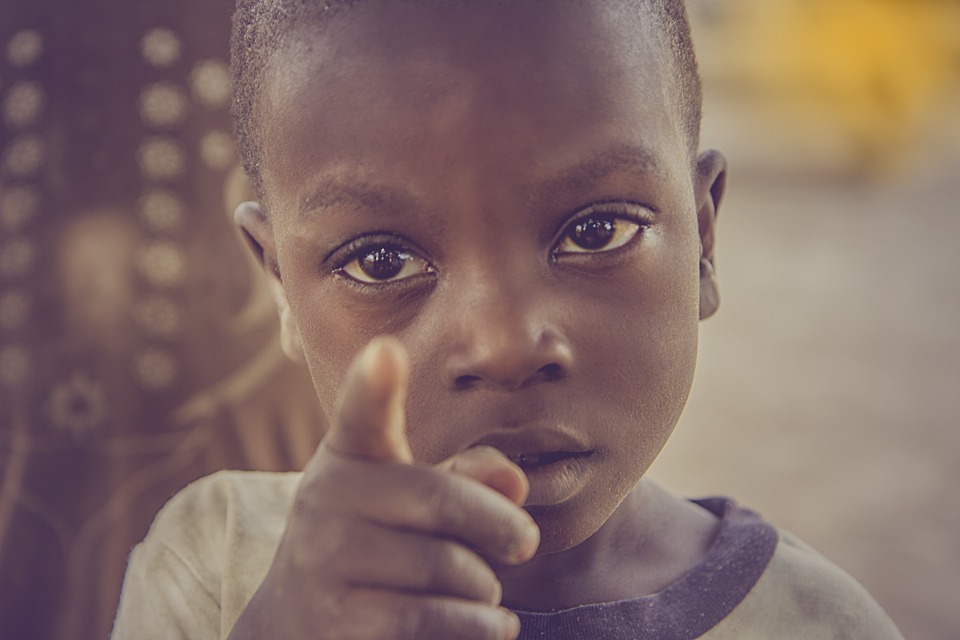
We always rely on dependable insurance companies, which provide comprehensive coverage at absolutely competitive prices.
They must also provide customer assistance, an always active call center, and 24-hour medical insurance with unlimited telephone
Check out these amazing hotel deals!
- Save up to 30% on your hotel in Hawaii!
- Last-minute holiday hotel deals
- Top hotel deals for a new year trip
- Visiting Paris? Find the Best Deals & Reviews at TripAdvisor.
- Save 30% on hotels in Ocean City, Maryland...a TripAdvisor Top 10 Summer Destination!
- Save up to 30% on your hotel on your Winter Vacation!
- Find top-rated hotels at the lowest prices on TripAdvisor. Check rates now!
- Save up to 30% on hotels for a romantic getaway!!
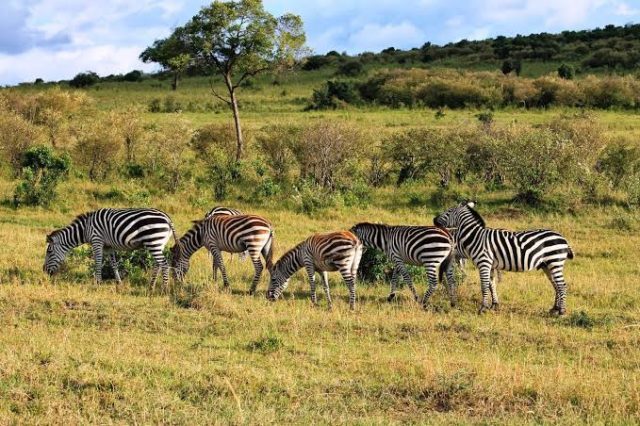

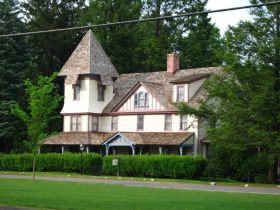
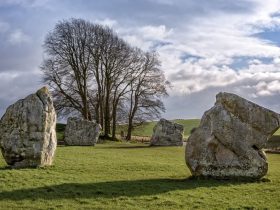
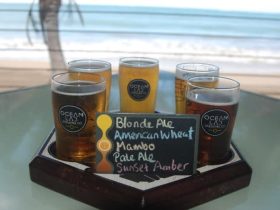
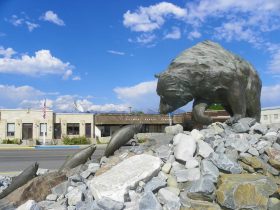
Find Us on Socials